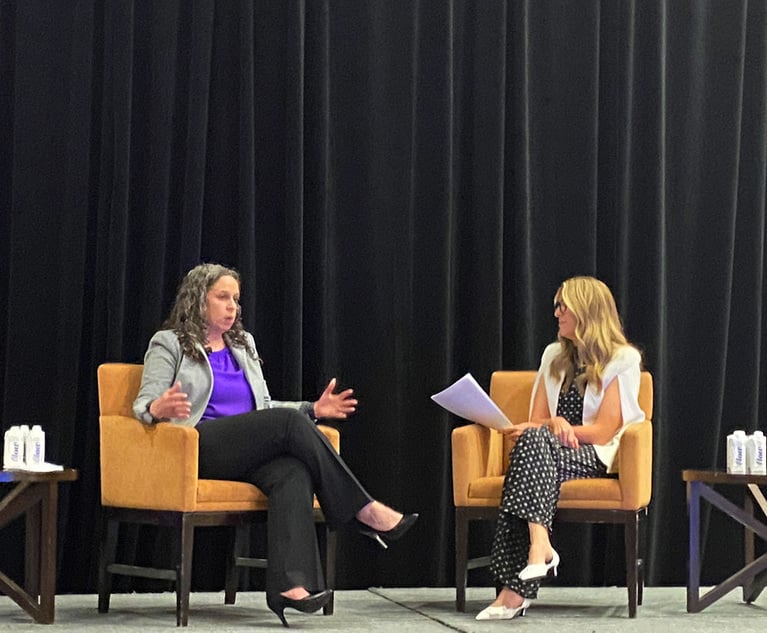In 2010, William Poundstone wrote a book on pricing called Priceless: The Myth of Fair Value (and How to Take Advantage of It). Poundstone lays out the psychological foundation of pricing and uses it to evaluate different pricing decisions we make. For instance, if you look at a menu, the different ways the restaurant organizes the items may impact our decision about what we order—everything from the description of the entrees, to the location of the pricing, to the use of images. The book shows us that when it comes to paying “fair value,” we are all suckers.
One of the significant concepts the book explores is “anchoring.” The concept, covered extensively by psychologists Amos Tversky and 2002 Nobel Prize winner Daniel Kahneman, is fairly straightforward. Anchoring is a bias that we have in relying on one piece of information in making a decision. For example, before you buy a new car, you may go online and build the car you want, and the website generates an estimated price based on your selection. When you go to the dealership, the car salesman may offer to sell you the car for say, 5-10% less than the build estimate/MSRP. The discounted price will seem like a great deal because you set your expectations based on the build estimate, or the “anchor” price. Poundstone applies this concept to all sorts of different pricing models. For instance, why an expensive item on a menu may make others items seem like a value by comparison. Poundstone’s book is a fascinating read and will force you to rethink fair value and pricing.









